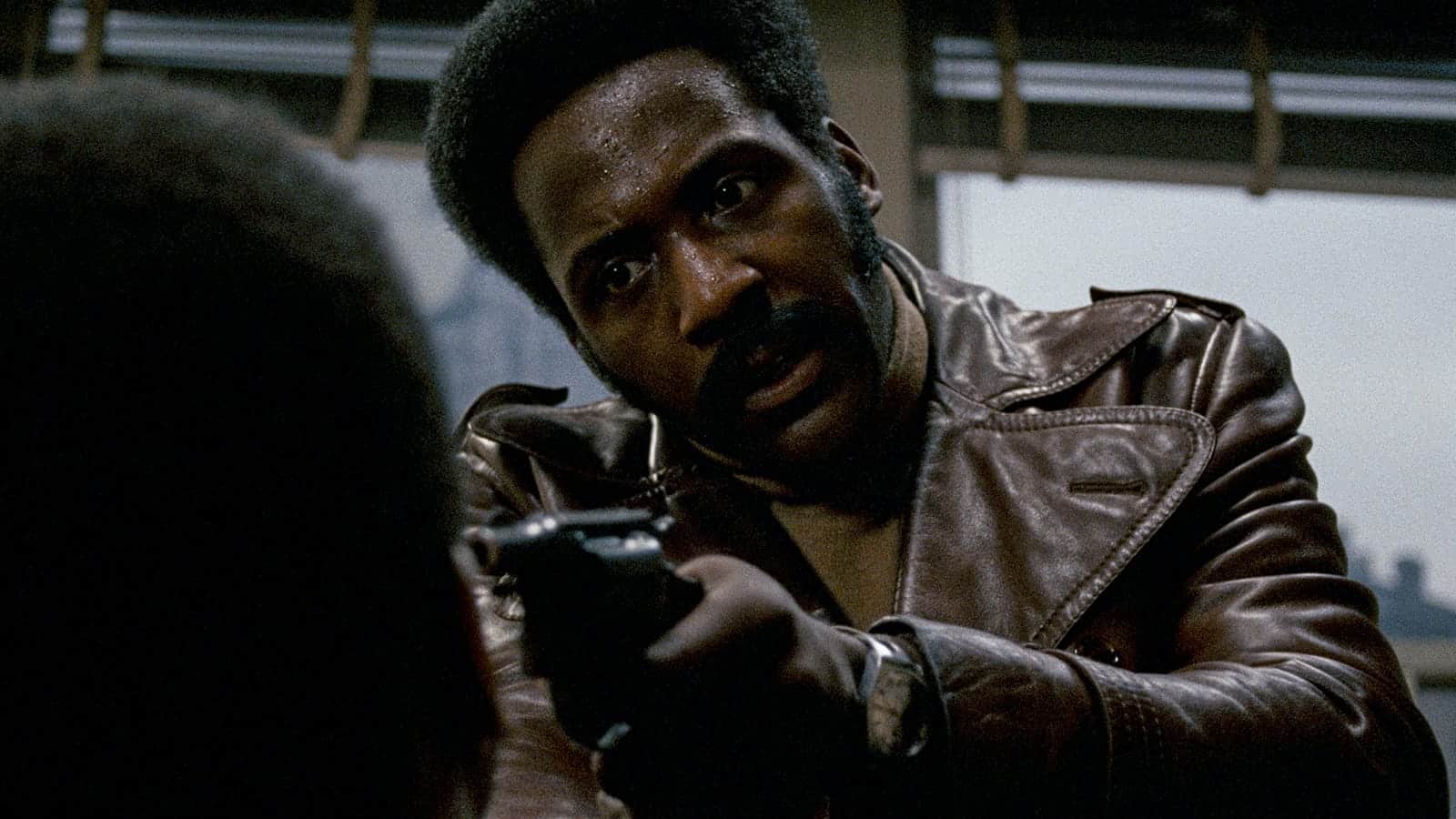Read also:
How to Watch FX Live Without CableHow To Watch AMC Without CableHow to Watch ABC Without CableHow to Watch Paramount Network Without CableWelcome to the Criterion Corner, where we break down some of the month’s new releases from the Criterion Collection.
#1130: Shaft (1971, dir. Gordon Parks)

Even if you’ve never seen a John Shaft movie in your life, you know who Shaft is. That iconic, Oscar-winning Isaac Hayes theme song, with its funky wah-wahs and call-and-response lyrics about its subject’s badassery (shut your mouth!). Richard Roundtree‘s effortless cool, beaming past that thick mustache and slick leather jacket. Shaft is often touted as “the original Black superhero,” one of the archetypes of Black machismo that characterized the so-called “blaxploitation” movement in 1970s cinema — even if Shaft‘s own status as a member of that subgenre is still hotly debated.
Still, its groundbreaking status in American cinema can’t be overstated, the first blockbuster from a Black director (Gordon Parks), starring a Black character, dealing with real issues facing Black people in New York City. And Criterion’s new 4K release of the first film (and its sequel, Shaft’s Big Score!) is a testament to that iconic status.
Parks was already a trailblazing photographer and novelist, and the first Black director to helm a studio picture with his sensitive, autobiographical coming-of-age drama The Learning Tree in 1969. But in Shaft, he adapted Ernest Tidyman’s novel of a cool, unflappable Black detective into a thrilling, exciting action picture that — thanks to word of mouth and a helluva ad campaign that touted the man as “Hotter than Bond, Cooler than Bullitt” (“If you wanna see Shaft,” the film’s 1971 trailer purrs, “Ask your mama”) — made it a pop-culture phenomenon.
Shaft set out to create a new type of capital-c Cool, and Parks achieves that from the opening strains of Hayes’ indelible theme song. Roundtree’s Shaft emerges from the subway, swaggering from one end of the city to the other as the hot-buttered soul man talks up his sexual prowess and willingness to stick out his neck for his brother-man. This is 1970s New York, a time of crime, corruption, and degradation of the Black-populated areas of the city like Harlem; drugs and prostitution fill the streets, and Black militants prepare for a glorious revolution (both Shaft himself and the film’s characters were heavily influenced by the kind of militant allure of the Black Panthers of the time). But Shaft’s the kind of guy who can walk through the conflicting worlds of New York — white, black, cop, criminal — and still be in total, unflappable control.

That’s the appeal of Shaft, really, if you strip away the disposable gumshoe story, in which Shaft is hired by Harlem mobster Bumpy Jonas (Moses Gunn) to rescue his daughter from the Italian mobsters he’s at war with. It’s all about watching Roundtree fill the frame, glancing at every bad guy and government stooge with the same “I’ve got your number, sucka” glare, or swinging guns blazing through the bad guys’ window, or sexing up not one but two sexy ladies — one Black, one white. (“You’re really great in the sack. But, um, you’re pretty shitty afterwards, you know that?” the latter girl tells him. But such is the life of the love-them-and-leave-them detective hero.) It’s all vibes, and Roundtree (and Parks, and Hayes) have plenty to spare, presenting Black moviegoers with their first real glimpse at a Black protagonist who has one up on the bad guys and wins the day.
In keeping with that spirit, Criterion’s got a jaw-breaking three-disc set to soak in Shaft’s legacy, even as it acknowledges the series’ quality only goes down from here. The 4K presentation is mostly fantastic, though the grim-and-gritty cinematography from Urs Furrer was hardly designed for beauty in the first place. But it’s reasonably sharp to look at, save for a few gummy scenes at night, and the uncompressed soundtracks are a joy (particularly the stereo soundtrack with creative input from Hayes’ son, record producer Isaac Hayes III).
The real jewel of the extras here, strewn across two Blu-rays, is Shaft’s Big Score!, the 1972 follow-up that was also directed by Parks. It’s bigger and more glamorous than the first film — it’s shot with greater confidence in the action, and the big climax features helicopters, motorboats, and explosions galore — but maybe a bit thinner, with some of its social commentary bled out of it in favor of James Bond hijinks. It also suffers from Hayes not coming back for the score; Parks, an accomplished musician, takes over composer duties, but it feels like a frantic, less-funky emulation of Hayes.
Still, there are plenty of other extras to go around. That includes plenty of contextualizing documentaries about the film itself, the costumes, the music, and the legacy of the Black detective, as well as archival interviews with Hayes, Parks, and Roundtree, and other contemporaneous materials. Most curious is the three-part A Complicated Man: The “Shaft” Legacy, a set of 15-minute featurettes clearly made around the time (and for) the abysmal 2019 continuation directed by Tim Story. Despite the doc’s dubious origins, it’s cool to see Roundtree, along with Samuel L. Jackson and other cast members, reflect on Shaft’s importance. Scholar Amy Abugo Ongiri’s essay is also helpful overview for those who need an intro to the film and the character, writing beautifully about the way Parks “made poetry of the New York streets.”
Shaft is currently available on 4K and Blu-Ray on Criterion’s website here.